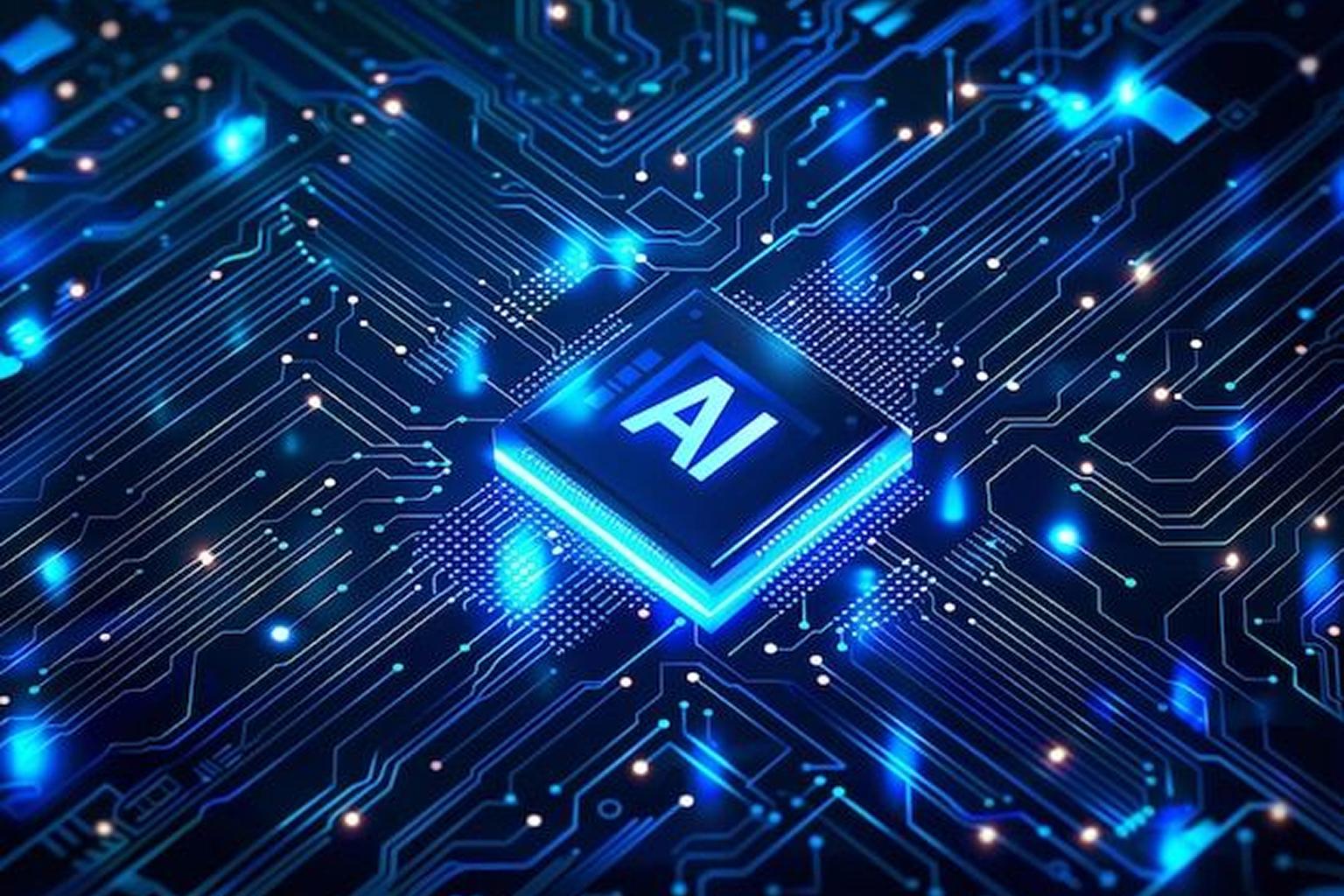Artificial Intelligence: Transforming the Future

AI involves creating machines capable of performing tasks that typically require human intelligence. These tasks include reasoning, learning, problem-solving, perception, and language understanding. Machine learning, a subset of AI, focuses on building systems that learn from data, improving over time without explicit programming.
Applications of AI
AI's applications span various sectors:
-
Healthcare: AI enhances diagnostic accuracy, predicts patient outcomes, and personalizes treatment plans. Algorithms analyze medical images, detecting anomalies faster than human eyes.
-
Finance: In finance, AI detects fraudulent transactions, automates trading, and provides personalized financial advice. This increases security and efficiency in financial operations.
-
Retail: Retailers use AI to optimize inventory, personalize shopping experiences, and improve customer service through chatbots and virtual assistants.
-
Automotive: Self-driving cars, powered by AI, promise to reduce accidents and transform transportation. These vehicles use sensors and algorithms to navigate and make decisions.
Benefits of AI
AI offers numerous benefits:
-
Efficiency: Automating routine tasks allows humans to focus on creative and strategic activities, boosting productivity.
-
Accuracy: AI systems reduce human error, providing precise and consistent results, especially in data-intensive tasks.
-
Cost Savings: By automating processes, businesses save on labor costs and reduce operational expenses.
-
Innovation: AI drives innovation, enabling the development of new products and services that were previously unimaginable.
Challenges and Ethical Considerations
Despite its advantages, AI presents challenges:
-
Job Displacement: Automation may lead to job losses in certain sectors, necessitating workforce reskilling and adaptation.
-
Privacy Concerns: AI systems often require vast amounts of data, raising concerns about data privacy and security.
-
Ethical Issues: Ensuring AI is used responsibly and ethically is crucial. This includes addressing biases in AI algorithms and maintaining transparency.
The Future of AI
The future of AI holds immense potential. Advances in AI research continue to push boundaries, exploring areas like general AI, which aims to create machines with human-like cognitive abilities. As AI technology evolves, its integration into daily life will deepen, offering solutions to complex global challenges.
In conclusion, AI stands as a cornerstone of modern technological advancement. Embracing AI's potential while addressing its challenges will pave the way for a smarter, more efficient future.
- Music
- Travel
- Technology
- AI
- Business
- Wellness
- Theater
- Sports
- Shopping
- Religion
- Party
- Other
- Networking
- Art
- Literature
- Home
- Health
- Gardening
- Games
- Food
- Fitness
- Film
- Drinks
- Dance
- Crafts
- Causes
